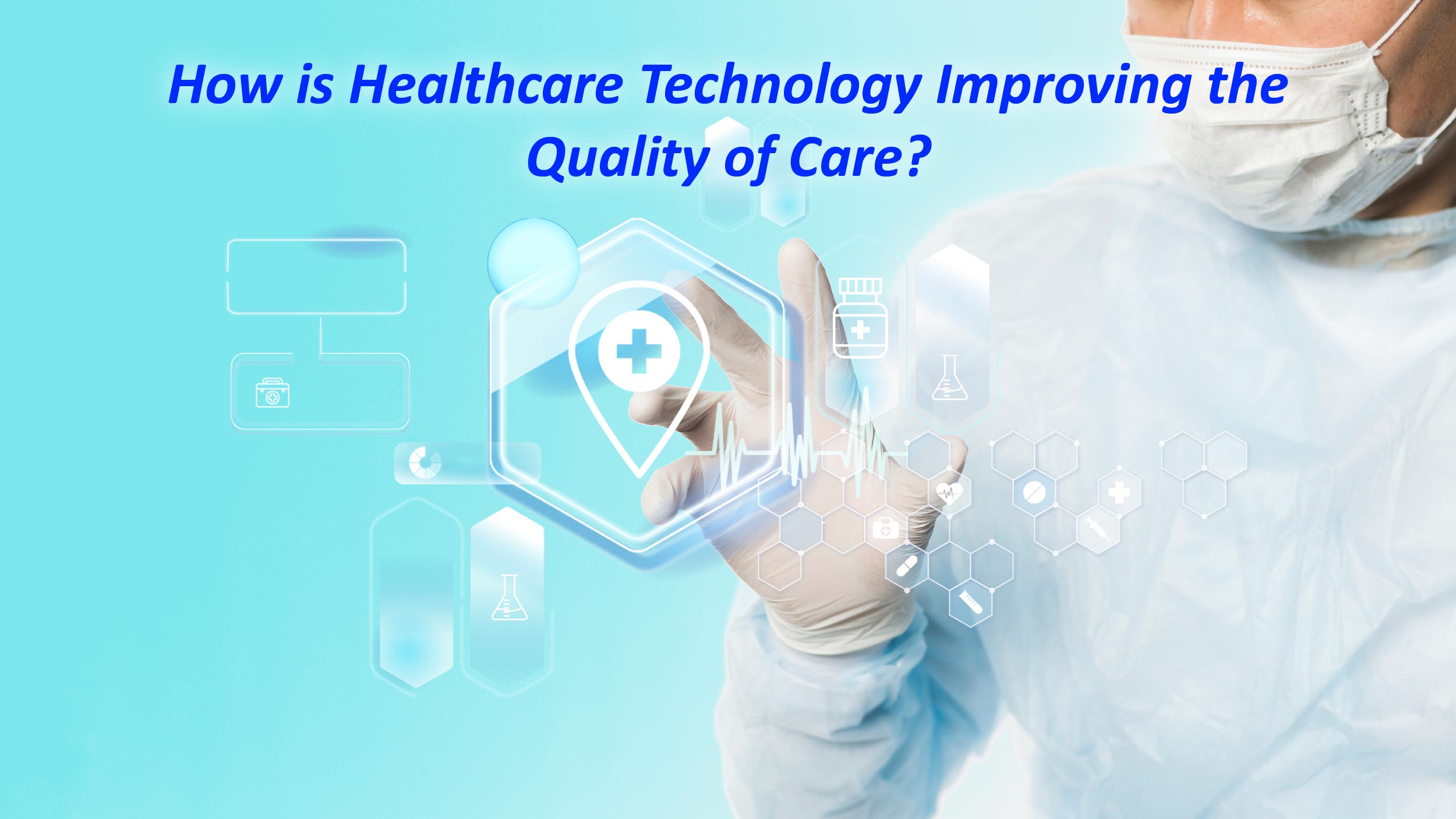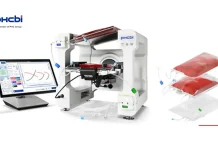In our rapidly advancing digital era, healthcare technology is revolutionizing the way we receive and deliver care. From telemedicine to electronic health records, innovative solutions are significantly improving the overall quality of care. This blog explores the transformative impact of healthcare technology, highlighting its role in enhancing accessibility, efficiency, and patient outcomes.
What is Healthcare Technology?
Any information technology tool or program intended to increase hospital and administrative efficiency, bring fresh perspectives on medications and treatments, or enhance the standard of care given is referred to as healthcare technology.
The billion-dollar healthcare industry is at a turning point in its history. With crushing expenses and bureaucracy weighing it down, the sector is currently searching for methods to improve in almost every conceivable area. This is the role of health technology. Every stage of the healthcare process is incorporating tech-enhanced solutions to address two major issues: efficiency and quality.
How is Healthcare Technology Improving the Quality of Care?

In the modern day and age, personal health technology can gather data from every part of your body and deliver the results instantly. From tracking your daily activity to maintaining good heart health, improving your diet, and helping you work out or even make you fall asleep, there is nothing that health technology cannot help you with.
Personalized health technology, IoT, AI automation, wearable devices, and the list goes on, health tech has completely revolutionized the way we receive care. The reason why healthcare technology is a success today is simple; monitoring your health helps boost your desire to work out, get yourself more sleep, and improve your diet. When it is easy to measure your efforts the motivation levels go up and eventually help us live a healthy lifestyle.
With so much healthcare technology available the overall quality of care is improving dramatically. The way patient care is provided today is significantly changing as a result of digital technologies and data-enabled insights and solutions. As healthcare technology is evolving, diseases are becoming easier to detect and diagnose, and patient data can now be communicated more quickly. Additionally, citizens now have easier access to online or digital health education, which encourages more and more governments to adopt cutting-edge medical technology.
However, technology’s role in transforming healthcare is complicated. Healthcare organizations now have to deal with greater issues like cybersecurity risks. It also ushers the need for high investments in technological advancements, which could push up the already rising healthcare costs.
Although, every cloud has a silver lining and if used properly, healthcare technology has the power to both enhance patient care and lower medical expenses. Technology offers a feasible option for the healthcare sector to achieve exponential growth in the light of growing population, rising costs, and the complexity of diseases.
Benefits of HealthTech

HealthTech has the potential to revolutionize the traditional healthcare system by addressing its challenges and improving overall efficiency. With the infusion of technology, health tech aims to tackle skyrocketing costs, long wait times, inefficiencies in drug development, and limited access to insurance and healthcare providers.
- Improved Efficiency: HealthTech is making healthcare more accessible through insurance technology, allowing a wider group of people to purchase healthcare services. Artificial intelligence and predictive analytics are reducing patient waiting times, while hospitals are being staffed more efficiently. Advanced robots are assisting in surgeries, making procedures less invasive, and promoting faster recovery times. According to a survey, digital technologies are used by 93% of primary care practitioners across 24 nations.
- Promotion of Quality Care: Innovators in healthcare technology understand the importance of personalized care. They are tailoring experiences to individuals, realizing that there is no one-size-fits-all approach to proper care. HealthTech companies are customizing everything from insurance payments to diets and sleep patterns, aiming to enhance human health and alleviate unnecessary strain on the industry.
- Real-time Information Exchange: In the healthcare industry, the need for real-time information exchange among clinicians, patients, and payers is crucial. Traditionally, different groups had separate health records, creating inefficiencies. However, advancements in technology have made it easier to standardize and securely store digital patient records. This has led to the integration of data across organizations, allowing authorized individuals to access the records they need precisely when they need them.
- Enhanced Flexibility: Recognizing the busy schedules of patients, healthcare systems are embracing telemedicine technology and patient portals. These tools provide additional means for people to communicate with healthcare professionals, making it more convenient to receive care remotely. Moreover, wearable technology, such as heart monitors, empowers clinicians to evaluate patients’ well-being in various settings. Adopting telehealth could also save patients an average of three hours each time they need to see a doctor, saving the US healthcare system a staggering $1,500 per The telehealth market is predicted to grow to an astounding $186.5 billion by 2026.
By harnessing the potential of health tech, we can expect significant improvements in the healthcare system, leading to better access, increased efficiency, and enhanced quality of care.
Final Verdict
The use of medical technology is significantly raising the standard of care provided. Accessibility, effectiveness, and patient outcomes are improving significantly because of developments in healthcare technology. Collaboration between clinicians, patients, and payers has improved thanks to real-time information sharing and the integration of digital patient data.
There is enormous potential for future advancements in healthcare quality as technology develops. We may anticipate a future in which healthcare is more easily accessible, more effectively run, and centered on providing patients with the best possible care if we embrace these technological improvements.






